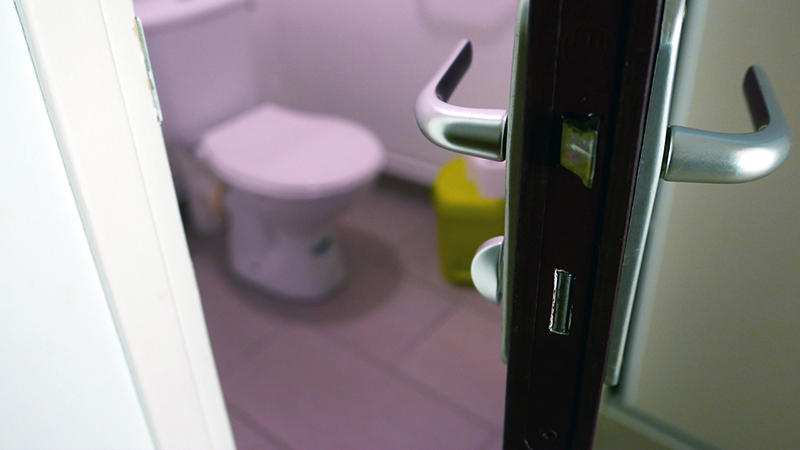
Urinary Incontinence
Urinary incontinence is the loss of bladder control. One in three women will suffer from this common disorder. It affects women across all ages. There are various types including overactive bladder, stress incontinence, urgency incontinence and overflow incontinence.

Anal Incontinence
Anal incontinence is the loss of bowel control. It results in leakage of gas or stool through the anus. This condition affects 1 in 10 women. Each woman may have different anal incontinence symptoms.

Pelvic Organ Prolapse
Pelvic organ prolapse occurs when the pelvic floor muscles and connective tissue weaken or tear. This causes one or more of the organs inside the pelvis to slip from their normal positions. This results in them bulging into the vagina.

Congenital Anomalies
This is an anatomic variation present at birth. It can cause health problems or affect how the body works. Many females are born with anomalies or variations of the genitourinary (GU) system. Although their organs form differently, we may be able to reconstruct them. This can allow them to have a standard reproductive, sexual and physical life.

Pelvic Floor Disorders
Pelvic floor disorders are a group of conditions that affect the pelvic floor. The pelvic floor consists of the uterus, vagina, bowel and bladder. Usually, the muscles and connective tissues in the pelvis support these organs to hold them in place.

Other Conditions
We offer a patient-centered approach to pelvic floor care. Our team works together to create tailored care plans for pelvic floor conditions.







